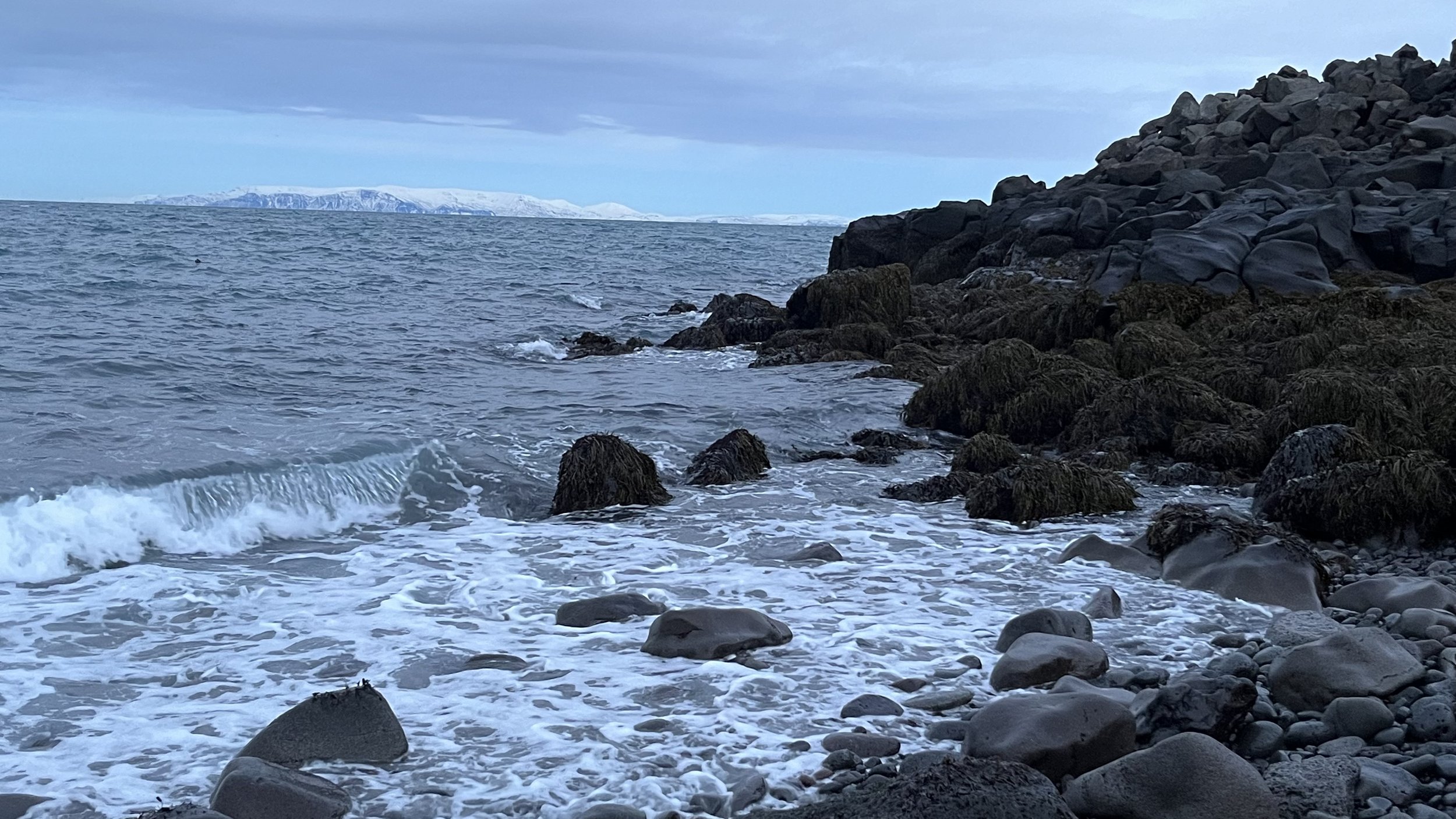
Climate Psychology
We are in a poly-crisis, climate catastrophe, and there is no reasonable way to deny this. (This, unfortunately, does not mean denial is absent).
Many people are deeply involved in the fight to shift away from our current course and toward practices and technologies that would help ensure a livable future. And yet so many remain on the sidelines, caught in an apathy that is not the absence of caring but, according to Joanna Macy, a “refusal or inability to suffer,” an overwhelm that comes when we cannot bring ourselves to recognize the truth of our grief and fear.
Even those of us who are in the fight in some way - as activists, advocates, and policy makers, as scientists, journalists, and teachers, as young people and their parents, as aunties, uncles, and elders, and as everyday engaged global citizens - can frequently find ourselves in the deep freeze of numbness and avoidance, though we may also spend a good deal of time in the hyperarousal of anxiety and anger.
To put it simply, as humans we have a really hard time with change and precarity, and we are going through massive change and precarity. So strong feelings are going to arise. These feelings, though seemingly threatening, are actually necessary and beneficial, because they can guide us toward right action, the work we need to do to repair what we can and shift what we must. But we often need help learning how to be with these feelings - to help each other cry and mourn, to help each other continue to find joy and fortitude, to help each other rest rather than burn out. That’s where therapy focused on climate psychology can help.
My current approach to climate psychology is very similar to my trauma approach, because I understand our predicament through that lens. However, as this is a newer area of treatment for me, I am grateful to be taking part in the fall 2024 cohort of the Trauma Psychology Certificate Program offered by CIIS, which will provide focused training in this emerging field of mental health and the tools and support to best assist the population I most hope to serve: clients impacted by trauma stemming from their work or life experiences related to climate change and climate catastrophe (ie, climate professionals facing harassment or despair, people who have suffered climate related traumatic loss, and the students and young adults or career changers who want to pursue those paths but are feeling discouraged by the current state).
If you live in Maryland and are interested in working on these issues in therapy, please schedule a free consultation session.
“We have to help each other cry”


